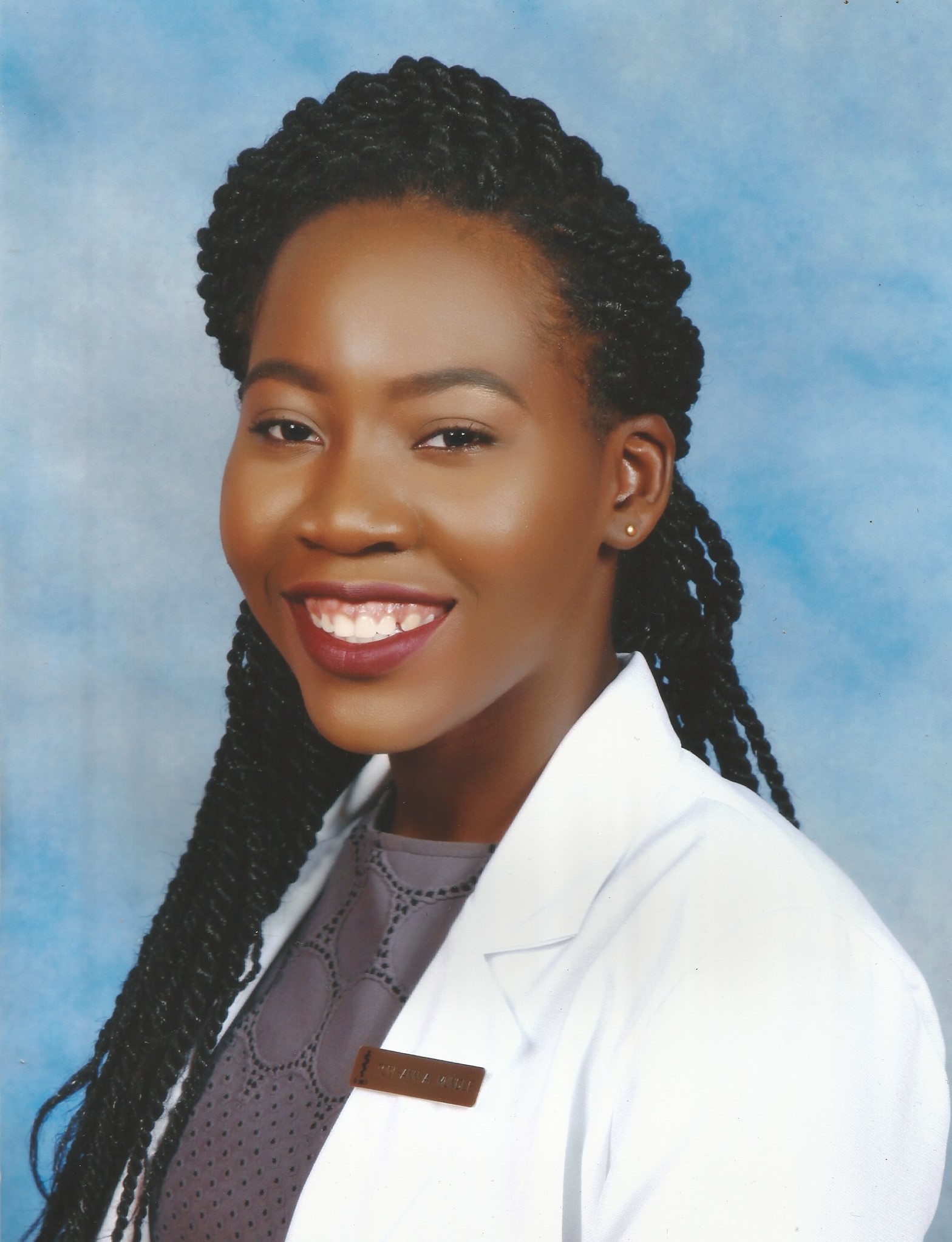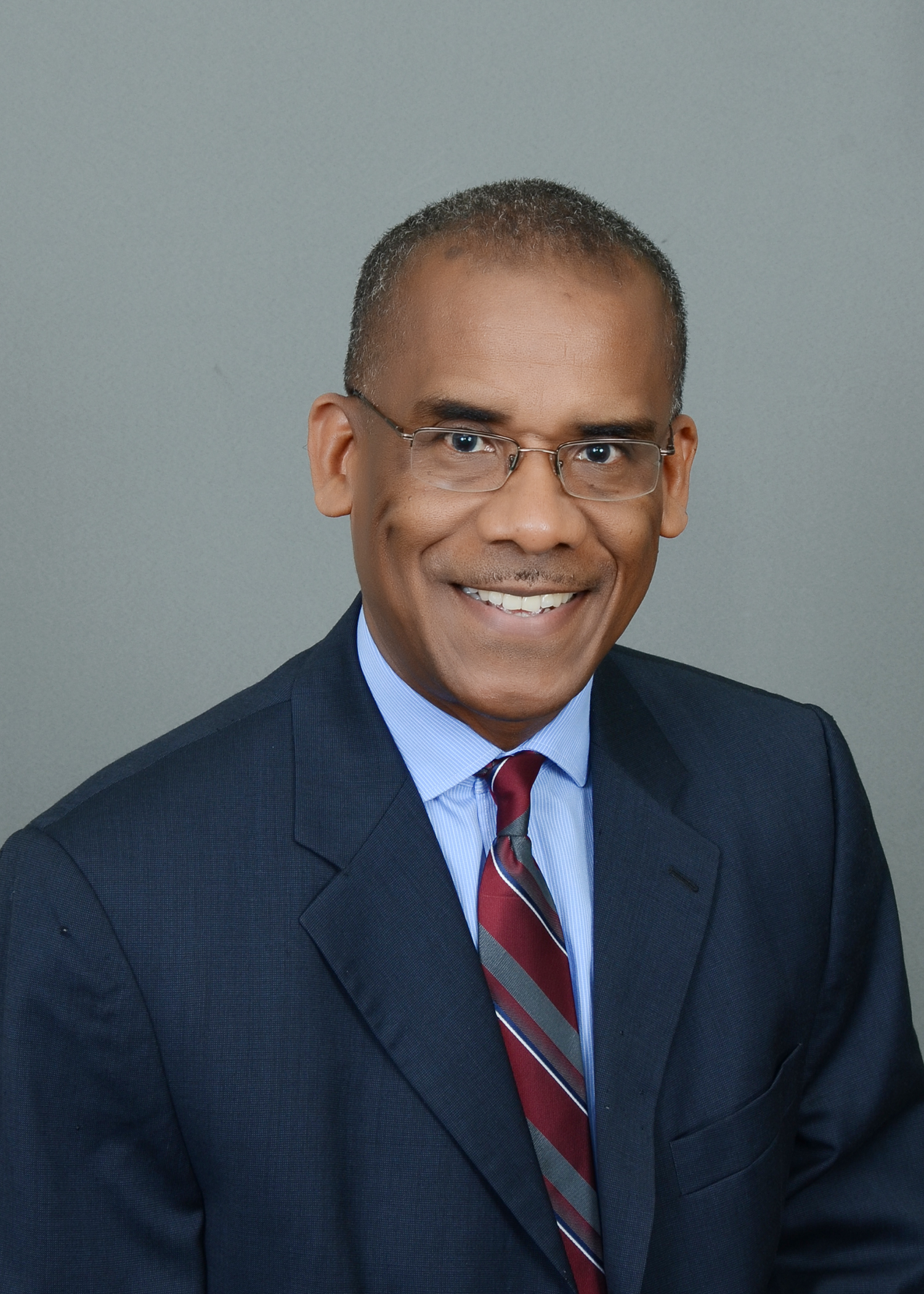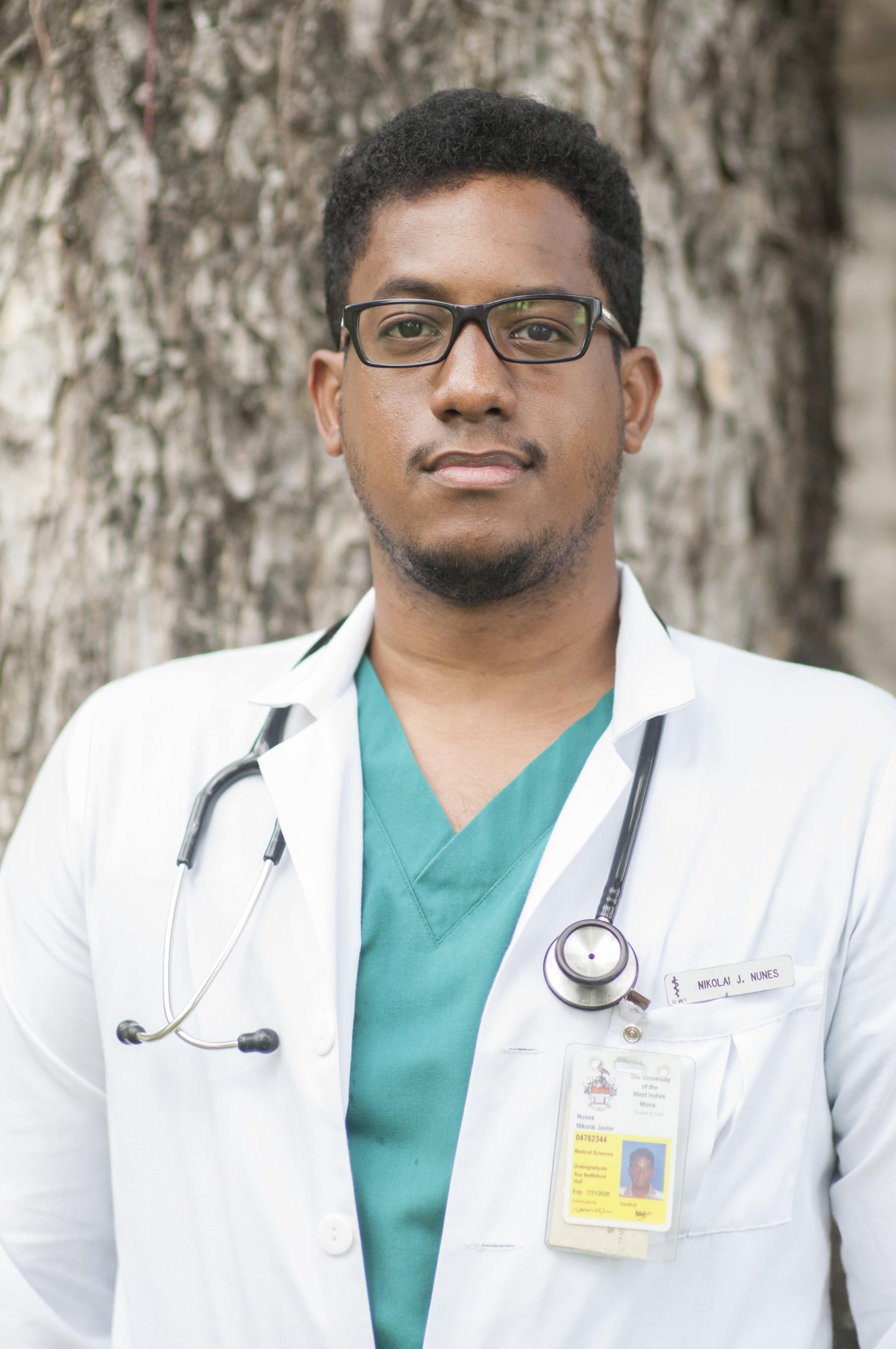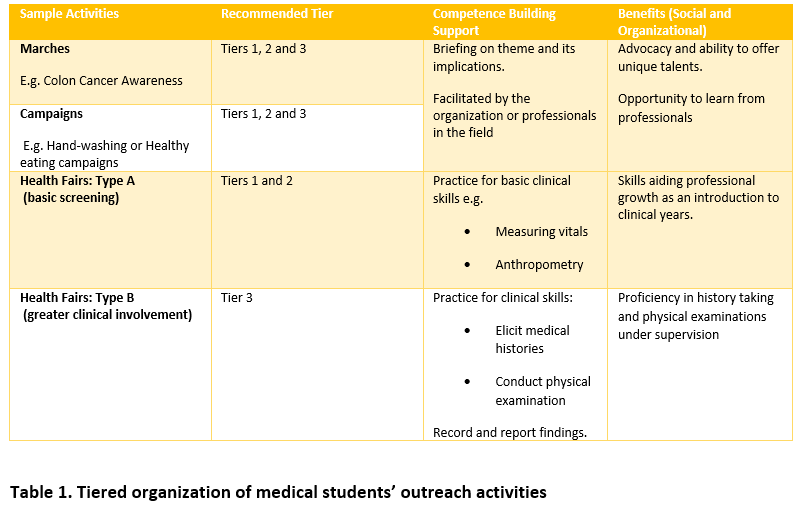Tradition
The University of the West Indies (UWI) began in Mona, Jamaica in 1948 as a peripheral site of the University College of London (Branday and Carpenter ). Despite a humble start with 33 medical students, the UWI has retained its emphasis on serving the Caribbean community (CARICOM) with an array of professionals within the medical, natural and social sciences, and the art fraternities. As three campuses emerged, each specialized in one of the triumvirates of professions: medicine (Mona, Jamaica), law (Cave Hill, Barbados), and engineering (St. Augustine, Trinidad). With time, the needs of our community continue to diversify; globalization reinforces the fact that as professionals, we must also reinvent ourselves and redefine the quality of service being given, and thus today all campuses offer these programs.
Within the Faculty of Medical Sciences Mona (FMS Mona), community health has linked both students and staff inextricably to patients in rural and underserved populations. In 1948 a student by the name of Kenneth Standard enrolled in medical school. Given his achievements, today he is seen as “the father of social accountability in medical education in the Caribbean.” Social accountability of medical schools was defined in 1995 by the World Health Organization as “the obligation to direct their education, research, and service activities toward addressing the priority health concerns of the community, the region, or nation they have a mandate to serve. The priority health concerns are to be identified jointly by governments, health care organizations, health professionals, and the public” (Boelen and Heck ). More recently the Global Consensus for Social Accountability of Medical Schools (GCSA) defines a socially accountable medical school as one that “responds to current and future health needs and challenges in society, reorientates its education, research, and service priorities accordingly, strengthens governance and partnerships with other stakeholders, and uses evaluation and accreditation to assess their performance and impact” (Global Consensus for Social Accountability of Medical Schools (GCSA)).
Kenneth Standard drew on his experiences pursuing the MBBS degree at UWI and a Master of Public Health at the University of Pittsburgh to improve services offered to patients. As the first Head of the Department of Social and Preventative Medicine at the University of the West Indies, his greatest work was implementing a Community Health Aide program in a community nearby the UWI Mona campus called August Town. In this program, volunteer doctors and nurses trained residents in basic health care geared towards the unique needs of this underserved community. The program set the foundation for a standard to open a community health clinic at UWI where medical students would learn as they served other adjoining communities. This historic action contributed to the high clinical involvement of medical and allied health care students during their training at the Faculty of Medical Sciences (FMS), Mona. These initiatives along with others earned Kenneth Standard a national award from the Jamaican government, Commander Class in The Order of Distinction (1976), and the Order of the Knight Bachelor (1982) from Her Majesty Queen Elizabeth II. While vital, where do these advancements leave us today?
Innovation
The Bachelor’s in Medicine, Bachelor’s in Surgery (MBBS) program at UWI Mona has a high percentage of secondary school graduates matriculating into the program. This reflects in volunteerism of students, who are passionate about service but may lack the clinical and social acumen. To enrich the quality of student volunteerism, over the past two years, the FMS has promoted social outreach among its health professional students. Under this initiative, students travel to rural areas and work under supervision to deliver care to members of these communities. Medical students enter this outreach initiative with different levels of training and expertise given the Bachelor of Medicine, Bachelor of Surgery (MB BS) program is five years long. A model was therefore proposed to supplement students’ abilities prior to outreach and to match these to specific engagements during the outreach.
Phase 1 of the MB BS program is three years long and is largely pre-clinical followed by two years of clinical clerkships. For the purposes of this model, students are placed into three tiers: Tier 1: 1st and 2nd year; Tier 2: 3rd Year Pre-clinical; Tier 3: 4th and 5th year. Common social outreach activities were assigned to the different tiers with support including pre-activity training prescribed.
Consequently, the model stratifies activities according to the level of medical education completed by students. By doing so, faculty members may approximate the abilities of students and facilitate opportunities for supplementary student training.
Table I
As community outreach activities are being expanded within the FMS’ strategic plan for improving social accountability, this model will be implemented and evaluated over the coming year.
Tradition of Excellence
Service, in the form of volunteerism, has evolved from individual medical students assembling as requested or needed. Through cultivating students’ skillsets, the FMS Mona may increase its efforts to tackle healthcare inequities in underserved and vulnerable populations while simultaneously endowing students with the ability to do the same. Students will benefit from increased clinical exposure, as well as lifelong skills such as healthcare advocacy, ultimately benefitting patients and the health system.
The model also allows FMS Mona to further adapt its curriculum to develop socially accountable young professionals wholly invested in the wellbeing of their clientele. Implementation of the model may span to include several student organizations which pioneer student led initiatives including the Jamaica Medical Students Association (JAMSA), Jamaica Dental Students’ Association (JADSA), Physical Therapy Students’ Association PTSA), and the University of the West Indies Student Emergency Response Team (UWISERT), an interprofessional student-run Emergency Medical Services (EMS) team trained and supported by the Faculty.
The Interprofessional Future of Social Accountability at UWI, Mona
An international meeting of medical education experts in 1994, called jointly by the World Health Organization (WHO) and the Educational Commission for Foreign Medical Graduates (ECFMG), affirmed that serving the specific needs of populations and individuals is an essential part of the definition of quality of medical education and should be an important goal of all medical schools (Gastel). With more innovations on the horizon, students and staff from the FMS Mona can continue re-defining the range and quality of services delivered locally, regionally, and globally from this generation to the next. Going forward, accrediting bodies for medical schools in promoting standards for medical education must see social accountability as a marker of excellent medical education.
Perhaps in the future the next innovation could be an interprofessional student-run volunteer clinic solidifying the university’s commitment to its community.
Works Cited
Boelen, C and J Heck. Defining and measuring the social accountability of medical schools. Geneva: World Health Organization, 1995.
Branday, JM and RA Carpenter. "The evolution of undergraduate medical training at the University of the West Indies 1948-2008." West Indies Medical Journal Vol 57(6) (2008): 530-6.
Gastel, BA. "Gastel BA (1995) Toward a global consensus on the quality of medical education: serving the needs of populations and individuals." Acad Med, 70 (7 Suppl) (1995): 73-5.
Global Consensus for Social Accountability of Medical Schools (GCSA). 2010. 23 June 2019. < http://www.healthsocialaccountability.org.>.
Author Bios

Toni-Ann A. Mundle is a fourth-year medical student at the University of the West Indies Mona Campus. She currently serves as the deputy student leader for Social Accountability and Interprofessionalism. She aspires to be an Obstetrician-Gynecologist and a health policymaker in Jamaica, with special focus on Gender Equity and Transplant Medicine.

Dr. Tomlin Joshua Paul is the Dean of the Faculty of Medical Sciences at the University of the West Indies, Mona, Kingston 7, Jamaica. He received his Bachelor of Medicine, Bachelor of Surgery (MB BS) from the University of the West Indies, Mona and did advanced training in Public Health and Epidemiology at the Johns Hopkins University. He is a Diplomat of the Faculty of Public Health Medicine of the Royal College of Physicians, UK, and a Fellow of the Academy of Medical Educators, UK. He has a teaching career of more than 30 years at the University of the West Indies, Mona during which he received the Vice Chancellor’s Award for Excellence in Teaching and the World Organisation of Family Doctors’ Five Star Award for the North American Region. Dr. Paul is an advocate of social mission in health professions’ education and has been a consultant to the Pan American Health Organisation (PAHO) in the development of policies and tools to assist training institutions in capacity building for socially accountable programs. He is a past member of the Board of the Caribbean College of Family Physicians and an executive member of the Consortium for the Advancement of Social Accountability in Health Professions’ Education in the Region of the Americas.

Nikolai J. Nunes is a final-year medical student at the University of The West Indies Mona Campus, where he serves as principal student leader for Social Accountability and Interprofessionalism. He is a future Emergency Medicine physician, and he is a passionate advocate for Universal Health Coverage and Global Health Workforce.



